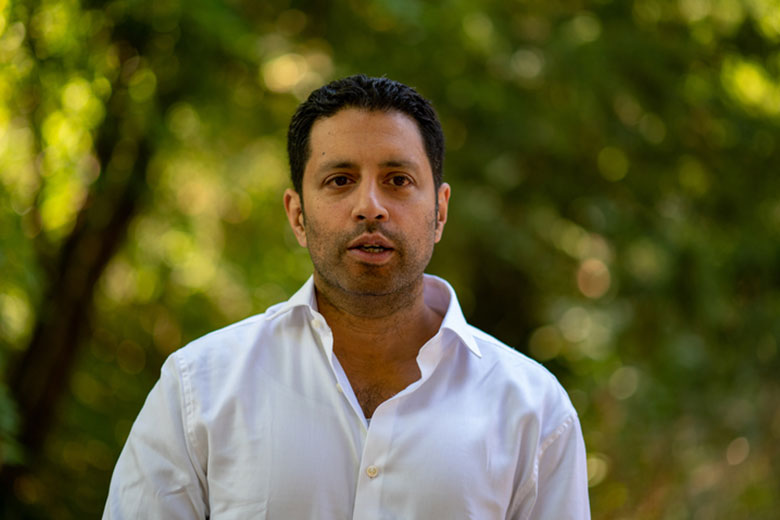The late-stage draft of England's campus speech bill is light on academic rights, leaving university governing bodies to define notions of intellectual autonomy and free expression on their campus, senior sector figures have argued.
The House of Lords again tweaked the Westminster government’s Higher Education (Freedom of Speech) Bill on 21 March, with Conservative former universities minister Lord Willetts telling an event at King’s College London that peers had added “some constraints” to a controversial mechanism for suing universities and students’ unions that limit speech, such as requiring all regulatory remedies to be tried first.
The bill, which entered Parliament in May 2021, will put each university’s governing bodies in the “hugely influential” position of balancing the roles of free speech and academic freedom on campus, said Nicola Dandridge, professor of practice in higher education policy at the University of Bristol and former head of university watchdog the Office for Students.
“The approach of the university is going to be really fundamental. It won’t just influence the regulator; it will influence the courts as well,” she said, adding that universities must have a “very clear conception” of scholarly freedom and the related but not identical concept of free speech if they were to reverse the “subordination” of academics’ free speech rights as enshrined by university statutes.


